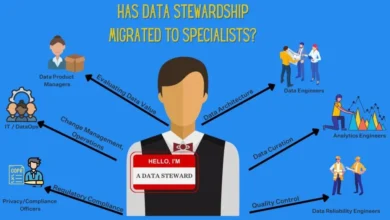Building Scalable TMS for Growing E-commerce Markets

The way consumers purchase goods has changed significantly. This creates new logistical challenges for companies. The volume of online purchases continues to grow, and the pressure on logistics and transportation systems in 2024 is very high indeed. Companies that specialize in e-commerce require the TMS software development — Transportation Management Systems. These systems are fast, scalable, and allow you to keep up with ever-increasing demand and respond to customer requests in a timely manner.
Investing in the development of transportation management systems is an effective solution. Because these systems help:
- Manage complex logistics
- Deliver to customers without interruption.
- Grow and scale with your business.
TMS systems help you streamline many routine processes, meet changing customer demands, and run your business more efficiently.
Understanding the Unique Needs of E-Commerce Logistics
The development of e-commerce means processing a huge number of orders. And demand can rise and fall at different times. Companies that deal with retail orders often have many small orders with different delivery times. TMS helps to process orders quickly while avoiding common errors.
Unlike centralized retail operations, e-commerce companies deal with complex, decentralized delivery networks. The last mile of delivery — getting the package from the transportation hub to the customer’s door — is the most critical (and expensive!) part of this chain. An effective TMS optimizes the last-mile delivery process and helps reduce costs.
Another TMS capability is real-time inventory and order tracking. Customers want (and now can) know where their order is at all times. TMS integrates seamlessly with enterprise resource planning systems to provide real-time visibility into product levels, order status, and shipping information.
Scalability to handle seasonal peaks and growth is another advantage of such systems, according to Lionwood. E-commerce companies often experience significant seasonal fluctuations in order volume, such as during holidays or promotions. A scalable TMS is able to expand its capacity to handle these peaks without compromising performance or customer satisfaction. In addition, as e-commerce companies grow, their logistics needs change, requiring a TMS that can adapt to increasing scale and complexity.
Finally, let’s talk about one of the most important requirements for a scalable TMS. This is cloud architecture. Cloud-based solutions allow e-commerce companies to scale their operations as needed without making significant investments in hardware or infrastructure. This flexibility is essential for managing seasonal peaks and adapting to rapid growth.





